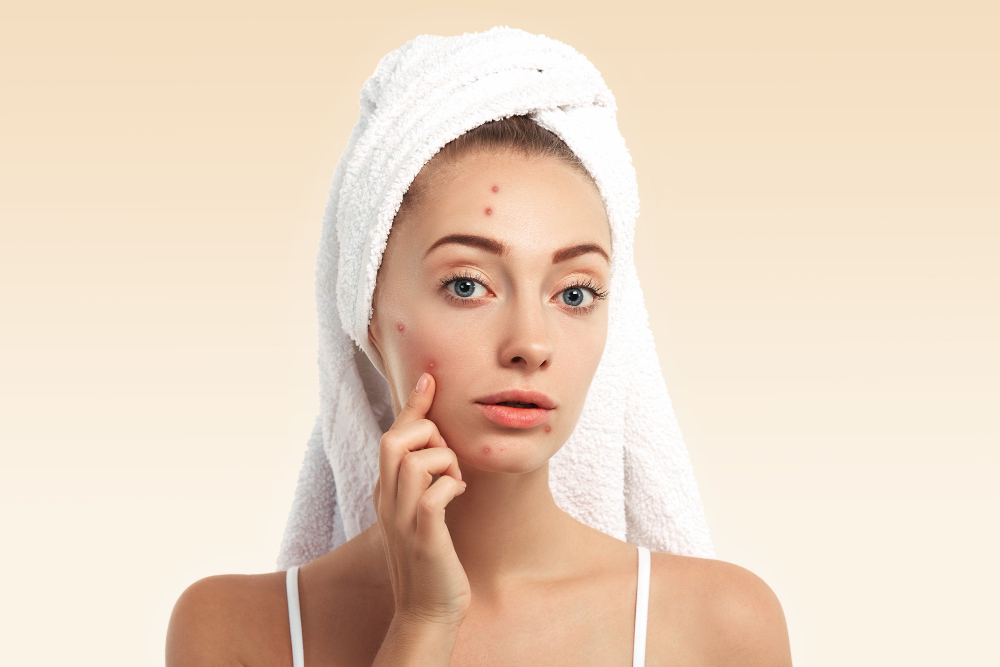What is Skin Pigmentation?
Skin pigmentation is the color of your skin. It comes from a natural pigment called melanin. Melanin is made by special cells in your skin. Sometimes, these cells make too much or too little melanin. As a result, you may notice changes in your skin color. This is called a skin pigmentation disorder. Many people experience skin discoloration at some point. For example, you may see dark or light patches. These changes can affect your confidence. However, most skin pigmentation issues are not harmful. Still, it is important to understand them. Early care can help you manage symptoms and prevent further changes.
Common Symptoms and Signs of Skin Pigmentation Disorders
Skin pigmentation disorders can look different for each person. However, some signs are common. You may notice:
Sometimes, these changes are small. But in other cases, they may cover large areas. If you notice new or spreading spots, you should talk to a doctor. Early diagnosis can help you get the right treatment.
Causes and Risk Factors
Many things can cause skin pigmentation changes. Some are common, while others are rare. For example, sun exposure is a leading cause. The sun’s rays can trigger your skin to make more melanin. This leads to dark spots or patches. Other causes include:
Some people are more at risk. For instance, those with fair skin may notice sun spots more easily. On the other hand, people with darker skin may see more uneven patches. Age can also play a role. As you get older, your skin may develop more spots or discoloration.
Diagnosis Methods
Doctors use several ways to diagnose skin pigmentation disorders. First, they will look at your skin and ask about your health history. They may use a special light to see changes in your skin. Sometimes, a small sample of skin (biopsy) is needed. This helps rule out other problems. In some cases, blood tests can check for underlying health issues. Early diagnosis is important. It helps your doctor choose the best treatment for you.
Treatment Options for Skin Pigmentation
Treatment depends on the cause and type of skin pigmentation. Some changes may fade on their own. However, others need medical care. Common treatments include:
In addition, lifestyle changes can help. For example, always use sunscreen to protect your skin. Avoid picking at spots or scabs. If you have questions, ask a cosmetic dermatology expert. They can guide you on safe and effective treatments.
Prevention Tips and Daily Skin Care Guidance
While you cannot prevent all skin pigmentation issues, you can lower your risk. Try these simple tips:
With daily care, you can keep your skin healthy and even-toned. Remember, early action can prevent many problems.
When to See a Dermatologist
If you notice sudden or severe skin discoloration, do not wait. Also, if home care does not help, seek medical advice. A certified dermatologist can check your skin and suggest the best treatment. They can also rule out serious health issues. For any skin pigmentation concerns, consult a certified dermatologist for personalized advice.

